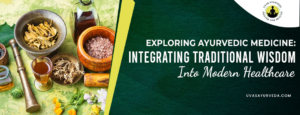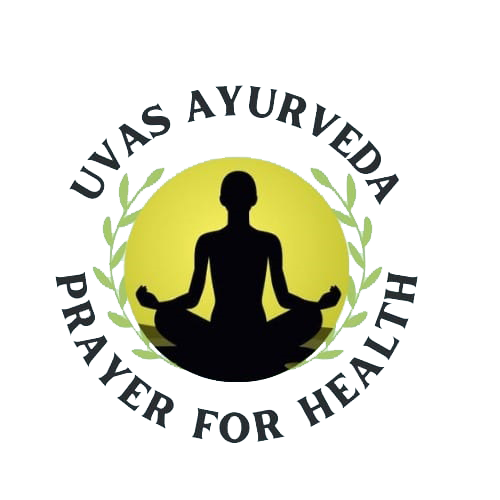Integrating traditional wisdom into modern healthcare is a concept that bridges the ancient practices and knowledge of various cultures with the advancements and methodologies of contemporary medicine. In this approach, traditional healing practices, which have often been passed down through generations within communities, are incorporated into the framework of modern healthcare systems. This integration aims to provide a more comprehensive and holistic approach to healthcare, considering not only the physical ailments of patients but also their mental, emotional, and spiritual well-being.
Traditional wisdom encompasses a wide range of practices and beliefs that have been developed over centuries by different cultures around the world. These practices often include herbal medicine, acupuncture, massage therapy, meditation, yoga, and various forms of energy healing, among others. While these practices may have originated in different cultural contexts, they often share common principles centered around the interconnectedness of mind, body, and spirit, and the importance of maintaining balance and harmony for optimal health.
One of the key motivations behind integrating traditional wisdom into modern healthcare is the recognition that conventional medicine alone may not always address all aspects of a patient’s health and well-being. While modern medicine has made remarkable advancements in diagnosing and treating many diseases, it sometimes falls short in addressing chronic conditions, managing pain, and promoting overall wellness. Traditional healing practices offer complementary approaches that can enhance the effectiveness of modern medical treatments and provide additional tools for promoting health and healing.

For example, herbal medicine, which involves using plants and plant extracts for medicinal purposes, has been a cornerstone of healthcare in many cultures for millennia. While pharmaceutical drugs are often derived from plant compounds, traditional herbal remedies may offer additional therapeutic benefits due to the complex interactions of multiple compounds found in whole plants. Integrating herbal medicine into modern healthcare allows patients to benefit from both the targeted effects of pharmaceuticals and the holistic properties of herbal remedies.
Similarly, acupuncture, an ancient Chinese healing practice that involves inserting thin needles into specific points on the body to stimulate energy flow, has gained recognition in modern medicine for its effectiveness in managing pain and treating various conditions. While the mechanisms underlying acupuncture’s effects are still being studied, research suggests that it may modulate the body’s pain response, promote relaxation, and improve circulation, among other benefits. By integrating acupuncture into modern healthcare, patients have access to a non-invasive and drug-free option for pain management and symptom relief.
Massage therapy is another traditional healing practice that has been embraced by modern healthcare for its therapeutic benefits. Massage techniques vary widely across cultures, but they generally involve manipulating the body’s soft tissues to alleviate tension, improve circulation, and promote relaxation. In addition to its physical effects, massage therapy has been shown to reduce stress, anxiety, and depression, making it a valuable adjunctive therapy for promoting mental and emotional well-being.
Meditation and yoga are ancient practices that have gained popularity in modern society for their profound effects on mental, emotional, and physical health. Both practices involve mindfulness techniques that help individuals cultivate present-moment awareness, reduce stress, and enhance resilience. Research has shown that meditation and yoga can have a range of benefits, including lowering blood pressure, improving sleep quality, and reducing symptoms of anxiety and depression. By integrating these practices into modern healthcare, patients have access to powerful tools for managing stress, promoting relaxation, and supporting overall well-being.
Energy healing modalities, such as Reiki and qigong, are based on the concept of manipulating the body’s energy fields to promote healing and balance. While the mechanisms of energy healing are not fully understood from a scientific perspective, many people report feeling a sense of deep relaxation and inner peace after receiving energy healing treatments. Integrating these modalities into modern healthcare allows patients to explore alternative approaches to healing that go beyond the physical realm and address the subtle energy systems of the body.
In addition to offering complementary therapies, integrating traditional wisdom into modern healthcare also involves incorporating cultural competency and sensitivity into clinical practice. Healthcare providers who are knowledgeable about the cultural beliefs, practices, and preferences of their patients are better equipped to deliver patient-centered care that respects and honors the diversity of their backgrounds. This may involve adapting treatment plans to accommodate cultural traditions, preferences for alternative therapies, or spiritual practices that are important to patients’ well-being.
Furthermore, integrating traditional wisdom into modern healthcare requires collaboration and communication among healthcare providers, patients, and traditional healers. By fostering partnerships between conventional medical practitioners and traditional healers, patients can benefit from a more holistic and integrated approach to healing that draws on the strengths of both systems. This may involve referrals between healthcare providers, co-management of patients with complex health needs, and shared decision-making processes that honor patients’ preferences and values.
Overall, integrating traditional wisdom into modern healthcare represents a paradigm shift towards a more holistic, patient-centered approach to healing. By embracing the rich diversity of healing practices and beliefs that have evolved within different cultures, modern healthcare systems can better meet the needs of an increasingly diverse patient population and provide more effective, comprehensive care that addresses the complex interplay of mind, body, and spirit.


Leave A Comment